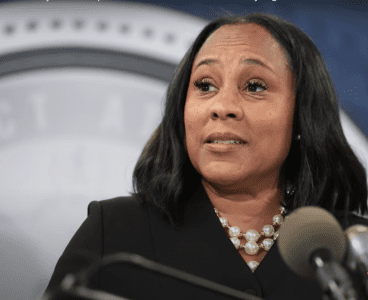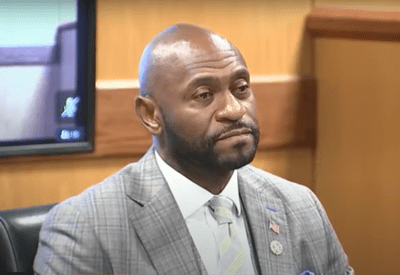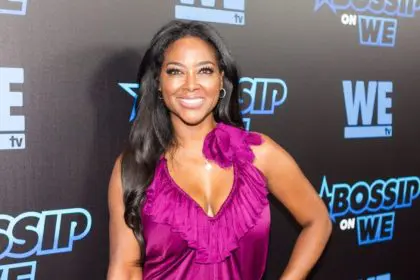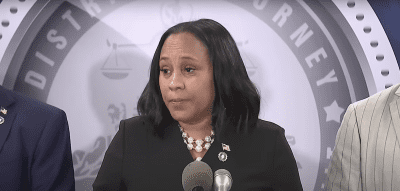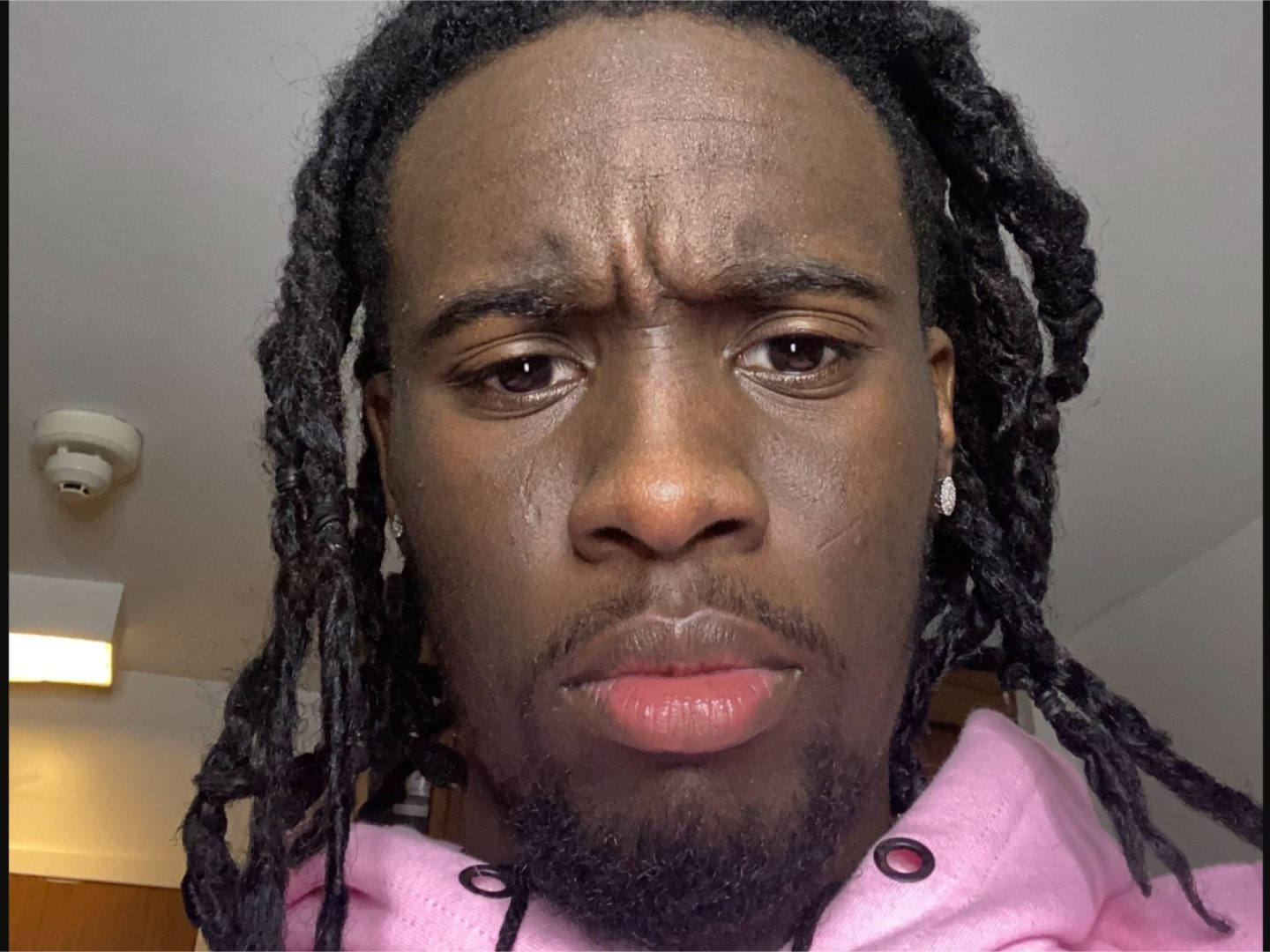A “special meeting” of the Fulton County Ethics Board on March 7 will focus on two complaints against Fulton County District Attorney Fani Willis.
The complaint with the most available detail was lodged by Greg Mantell, the founder of the Substack blog Investigative News Service. He contacted the board in January, writing, “I wish to file a formal ethics complaint against Fulton County District Attorney Fani Willis for several violation[s] of the Ethics Code.”
At the heart of his complaint are requests he made for Willis’s expense reports in the years 2021, 2022, and 2023, all contracts and payments to Nathan Wade in 2021, 2022, and 2023, and records concerning $14.6 million in awards for the Department of Justice.
A second complaint reportedly was lodged by Steven Kramer, part of which alleges that Willis violated the RICO Act and “has a strong connection to a revolutionary group that was anti-White.”
It’s another attempt to bury Willis in doubt about her motivations for prosecuting former President Donald Trump and his 14 remaining co-defendants, charged with election interference in the 2020 presidential campaign. Michael Roman, Trump’s former campaign attorney and one of the 14, has tried to have Willis removed by asserting that she had an improper romantic relationship with Wade, and that their motivation in bringing charges against Trump was financial gain, not legal merit.
Their hope is to generate enough smoke that Fulton County Superior Court Judge Scott McAfee will be compelled to put out the fire by barring Willis from pursuing the case.
That, in turn, realistically could buy Trump enough time to reclaim the presidency in November’s election and ensure that he could avoid any accountability for the Jan. 6, 2021, attempted coup at the U.S. Capitol in which five people died. Another prosecutor would have to decide whether pursuing the case is worth the effort, given the widespread reluctance to take legal action against a sitting president.
Experts mixed on Willis possible disqualification
For the time being, however, McAfee hasn’t ruled. Legal experts are mixed as they try to predict what the judge will do. What is clear, however, is that he will hear from Terrence Bradley, a friend and former law partner of Wade’s who has cited attorney-client restrictions when answering the questions posed by Roman’s defense attorneys. McAfee will meet with Bradley privately in his chambers to determine whether the privilege shield Bradley exercises applies to this hearing.
Atlanta-area defense attorney Noah Pines doesn’t expect Willis to be disqualified but said “if additional evidence is presented” to McAfee in the closed-door meeting with Bradley, that could change.
Former federal prosecutor Neama Rahmani categorized the hearing as “damaging for both Willis and Wade, personally and professionally,” and said the way Willis has handled the allegations — combative, more expansive than warranted, seemingly parsing syllables in her answers — has been an “unmitigated disaster.” Willis has even drawn mild rebukes from McAfee, whose favor she needs if she wants to remain on the case against Trump.
Part of that probably can be explained by the role reversal Willis is enduring — she’s usually the one asking questions and putting witnesses on the defensive, and now bristles at finding herself on the receiving end of the same treatment. Rahmani seems to hint that Willis could be playing into her opponents’ hands by giving them ammunition to paint her as the stereotypical angry black woman.
“Even though it shouldn’t affect the legal merits of the case,” Rahmani said, “the optics are bad. She should cut her losses, step down, and have someone else take over this prosecution.”
That hardly seems likely. Willis shows no signs of backing down, eager to push back against the allegations she faces. She has even shown up early in the courtroom before defense attorneys could summon her, as she anticipates their moves. After all, she’s accustomed to being in their position. On one occasion, Willis said she was so eager to speak, “I ran to the courtroom.”
Pointing to the battery of defense lawyers arrayed against her, she clapped back at attorney Ashleigh Merchant, saying, “You think I’m on trial. These people are on trial for trying to steal an election in 2020. I’m not on trial, no matter how hard you try to put me on trial.”




